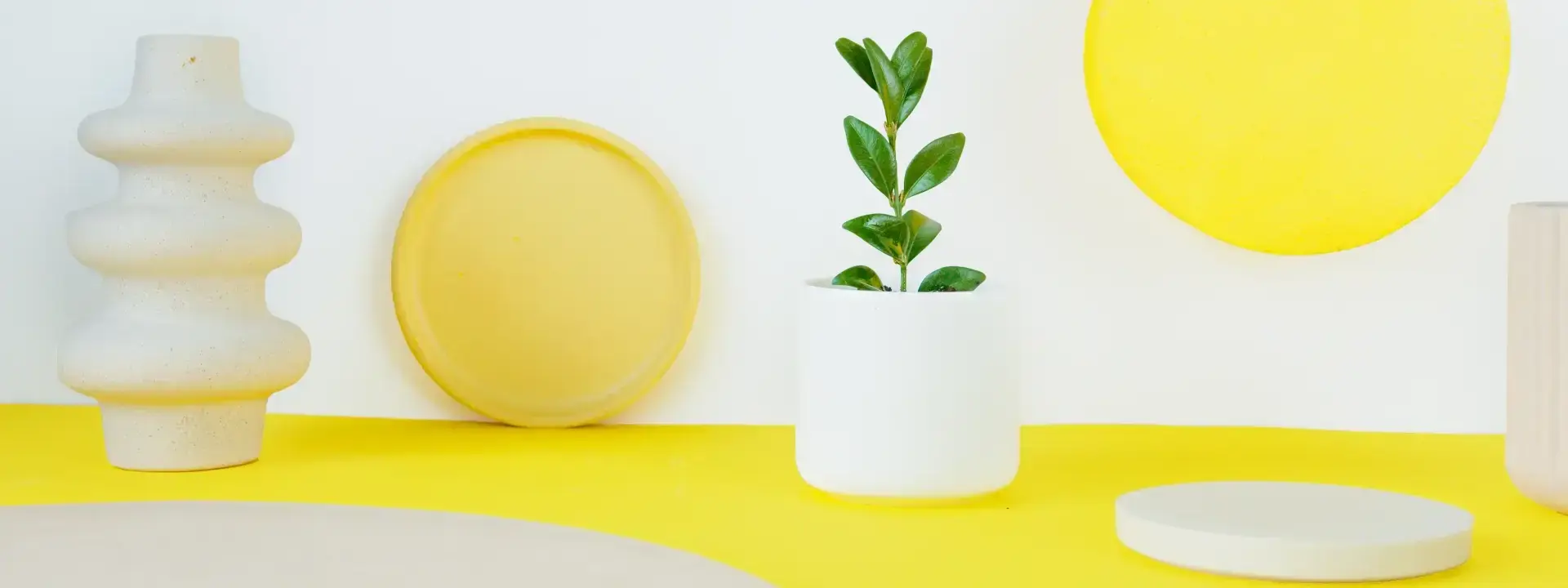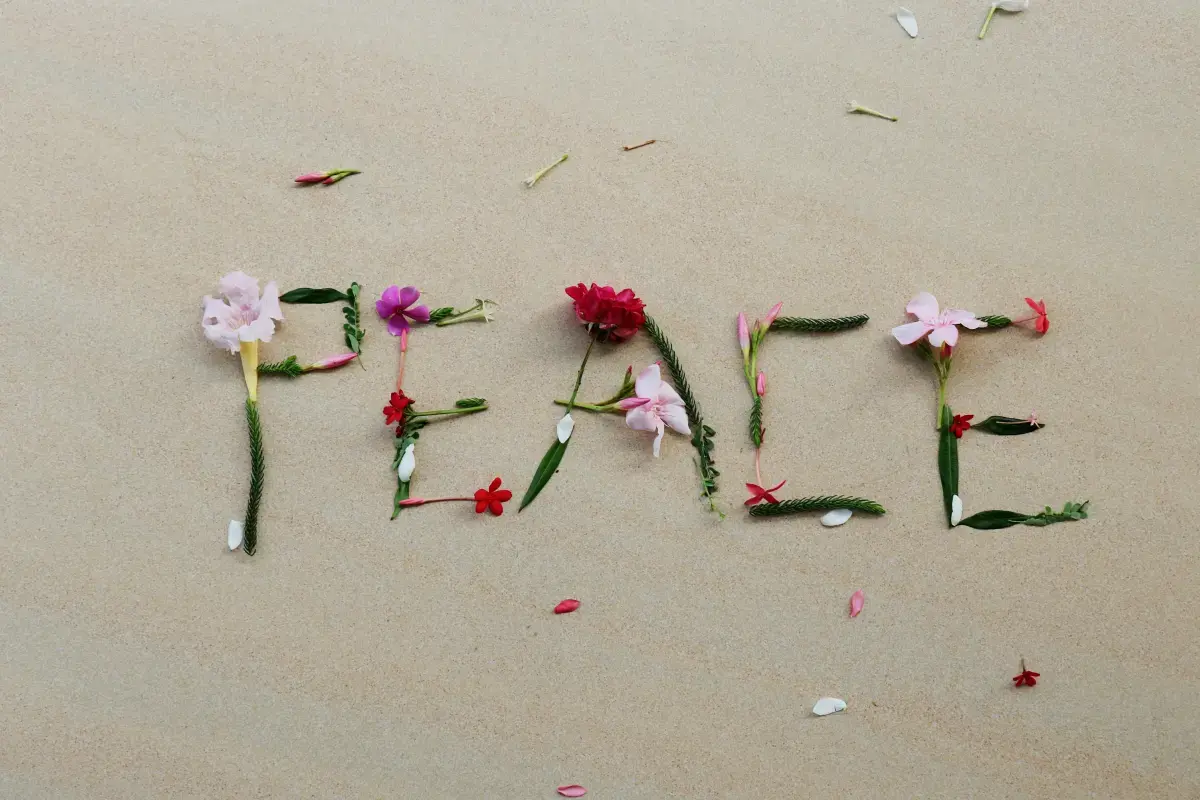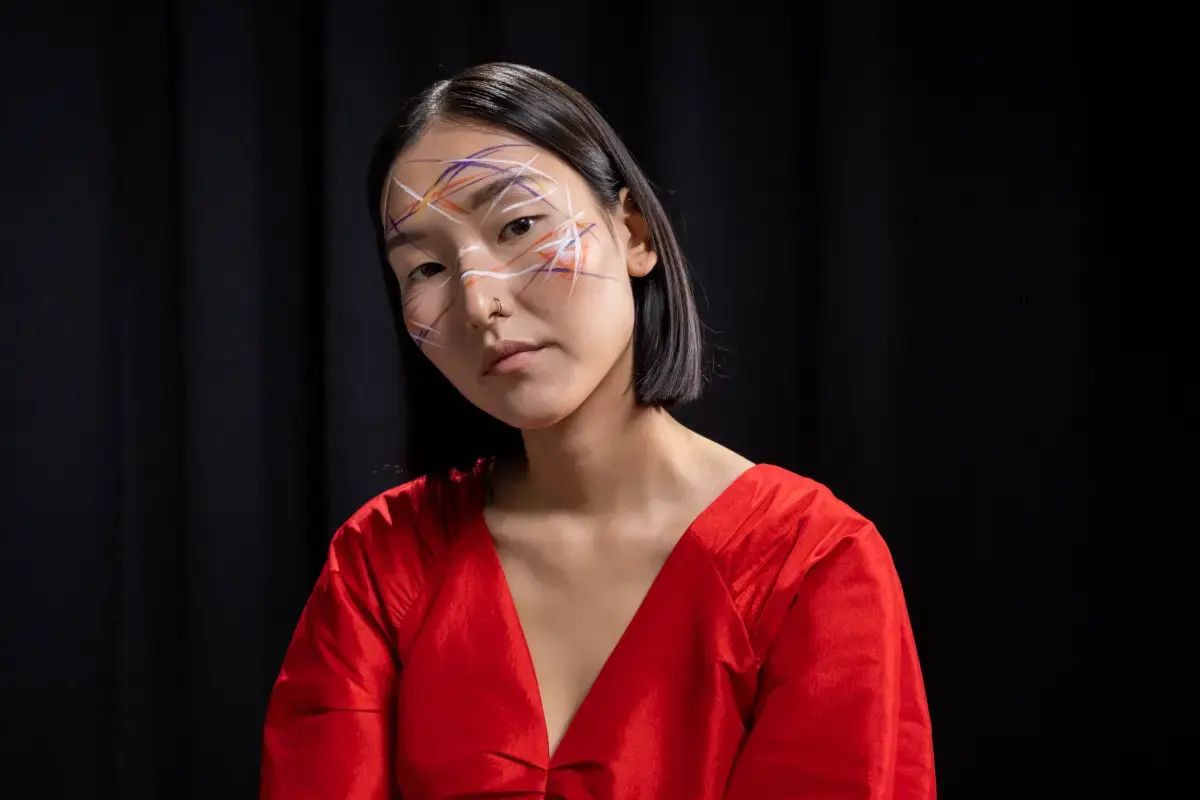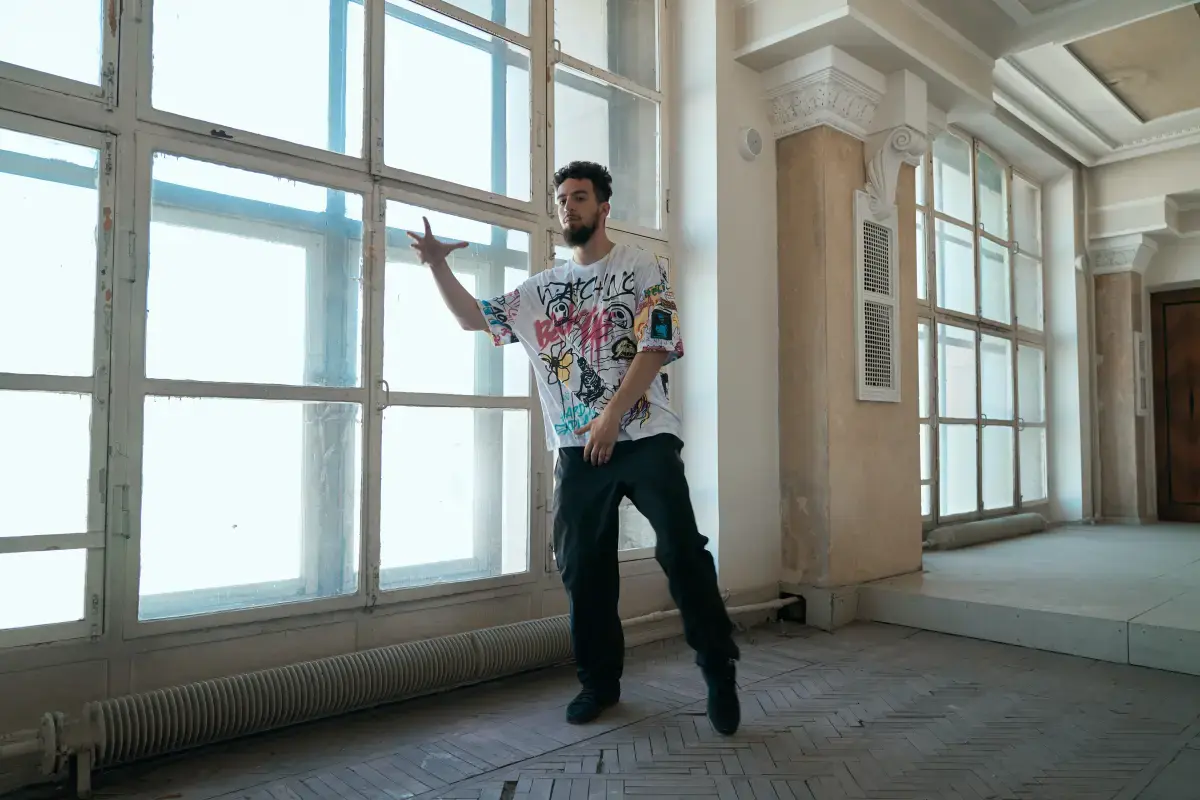
Art Therapist Job Description
What is a Art Therapist Professional?
An art therapist is a professional who uses art to help people improve their mental and emotional well-being. Art therapists work with clients of all ages, from children to adults, and have a wide range of specialties. While some focus on helping those with specific disorders or illnesses, others may use art therapy as part of a larger treatment plan for addiction recovery or trauma counseling. No matter the setting or population they work with, all art therapists strive to promote healing and self-awareness through creative expression. Most individuals seek out therapy when they are experiencing difficulties in their lives that feel overwhelming or unmanageable. These could be relationship problems, family conflict, grief/loss issues, chronic pain/illness , stress management concerns , Adjusting to life changes (divorce/separation , job loss/retirement) , hopelessness /existential angst .

What does a Art Therapist Expert do?
Seeking professional help can be an intimidating experience for many people but talking about one’s fears openly with another human being in confidence often brings great relief .In addition just “knowing” someone cares enough to listen deeply without judgement -can make an enormous difference during difficult times Entering into any kind of therapeutic process involves making a sincere commitment to taking inventory for oneself warts and all therapy offers up new perspectives feelings previously hidden away begin to surface authenticity replaces defensiveness intimacy evolves hope grows change becomes possible The success of any endeavour lies largely with the client themselves however it is unquestionably enhanced by matching the right helper attuned perfectly to each individual case

What are the Skills of a Art Therapist?
The art therapist should have a wide range of skills and experience in order to best help their patients. They should be able to effectively communicate with patients, understand the effects of different artistic mediums, and be familiar with a variety of therapeutic approaches. An art therapist needs to first and foremost be an excellent communicator. They need to be able to build trust with their patients quickly, as many will come into therapy feeling vulnerable. The ability to create a safe space for open communication is essential. An art therapist also needs keen observational skills- they must pay attention not only to what the patient is saying, but also how they are saying it (including nonverbal cues). This can often provide valuable insights that may otherwise go unnoticed. It is important for the therapist to have an understanding of human development stages, as this knowledge informs treatment goals and objectives. For example, if working with children who have experienced trauma, the focus would likely shift from expression through artwork towards building feelings of safety and attachments over time

What makes an Expert Art Therapist?
A thorough understanding of psychopathology is likewise critical; after all, one cannot treat something if they do not fully comprehend its nature . Without this foundation , there would simply be no way to know which interventions might actually prove helpful against specific issues faced by individual clients Art therapists must therefore have experience in assessment in order///one size does NOT fit all...so you want good differential diagnosis skills too writing up reports on cases using standardized tools like symptom checklists or clinical interviews)

What level of Experience & Qualifications are required to be a Art Therapist?
1. A Master’s Degree in Art Therapy from an accredited program, including coursework that addresses theoretical models, the practice of art therapy, and application to a variety of settings. 2. Minimum of two years supervised clinical experience working with clients in an art therapy setting. This may include internships or practicum placements. 3. Registration with a national Art Therapy professional body (AACRAO highly recommended). 4. Successful completion of both a national board or state board examination as well as continuing education requirements such as workshops, seminars and professional reading/writing to maintain registration status. 5. Current First Aid certification and Working with Children Check (or equivalent). 6. Knowledge and understanding of the legal and ethical principles that guide mental health practice in the United States (or relevant country). 7. Solid communication skills, self-awareness, and a dedication to ongoing learning about the vast scope of related artistic fields for which art therapists may be responsible for providing treatment as needed: painting, drawing, sculpture/ceramics/clay work, design/architecture/fabrication processes, movement (dance/drama), music therapy interventions and other expressive arts therapies areas such as photography or film-making etc..

What is the Salary of a Art Therapist?
A junior art therapist typically earns between $50,000 and $60,000 per year. This salary will depend on the sector they work in and their experience level. As they gain additional experience, their salaries can increase to around $70,000 a year. Senior art therapists can expect salaries to range from $80,000 to over $100,000 per year. Employees who have a Master’s or Doctoral degree in Art Therapy may be able to command higher salaries based on the qualifications they bring to the job. Those working in an academic setting may also have higher salaries due to tenure and additional responsibilities associated with these positions. Additionally, senior art therapists often receive more benefits than junior-level ones including more vacation time and flexible schedules.

What are the Working Conditions for a Art Therapist?
The general working conditions for an art therapist depend on the type of setting they are working in and the exact nature of their job. Art therapists typically work closely with clients, using a range of art materials, such as paints, pastels and other mediums, to support people exploring emotional struggles creatively. In terms of a physical workspace, art therapists usually work in an office or studio where they can access comfortable seating and sufficient space for the activities needed for therapy. This space should also be private and secure to ensure client privacy and confidentiality is maintained when needed. Depending on the type of clients the therapist is working with, additional resources including; art materials, storage facilities and removal/sanitation supplies may be necessary too. In terms of hours worked depending on the organization/employer will dictate how many hours per week an art therapist works but this may vary from 8am-6pm on weekdays or 5 days a week including Saturday’s; in addition to evening sessions or outreach events that may need to be attended in some circumstances. Art Therapists may also visit clients in their home environment but this will depend entirely on what their employer requires them to do. Remuneration will also vary according to experience (including freelance work) but typically range between £20k-£30k per annum depending on a variety of factors. Overall an Art Therapist’s job often contains many challenges –such as long hours focused around client needs–but it can be extremely rewarding thanks its flexibility & helping people explore their thoughts & emotions improve their mental health & wellbeing using artistic media & techniques .

What are the roles and responsibilities of a Art Therapist?
Establishing and maintaining a therapeutic relationship with clients
Providing skilled counseling services to individuals, couples, families, or groups
Designing therapy plans that are tailored to the needs of each individual client
Helping clients explore their emotions and experiences through artistic expression
Encouraging creativity and self-expression in clients
Facilitating group art therapy sessions and studios
Conducting initial assessments of new clients suitability for art therapy treatment
Building rapport with clients
Observing nonverbal communication
Listening actively
Offering verbal feedback
Respectfully challenging statements
Summarizing key points
Reframing perspectives
Asking permission before sharing personal information
Following up between sessions
Maintaining confidentiality
Documentation
Referrals
Professional consultation

Where can I find Art Therapist jobs?
- Create a profile on gigexchange and promote your Art Therapist skills to advertise you are Open to New Work Opportunities
- Ensure your Resume (or CV), or online work profile is up to date and represents your skills and experience. Ensure your reputation reflects your ability & attitude.
- Apply for Art Therapist Jobs advertised on gigexchange.
- Practise Art Therapist interview techniques to ensure you represent your personality and ability succinctly and confidently.
- Accept the job offer if the salary meets your expectations and the employer mission and purpose reflects your core values.
Jobs
What are the best job boards for Art Therapy jobs?

How can I hire Art Therapist staff online for my business?
The best job board for recruiting Art Therapist experts is gigexchange.com. Advertise full-time, part-time or contract jobs to find, hire & recruit trusted, experienced and talented Art Therapist candidates near you.

Are Art Therapist roles in demand in 2026?
Art Therapist experts are still in high demand in 2026. If you are an experienced Art Therapist or looking to train and become one. The job market is looking strong for Art Therapist jobs near me.